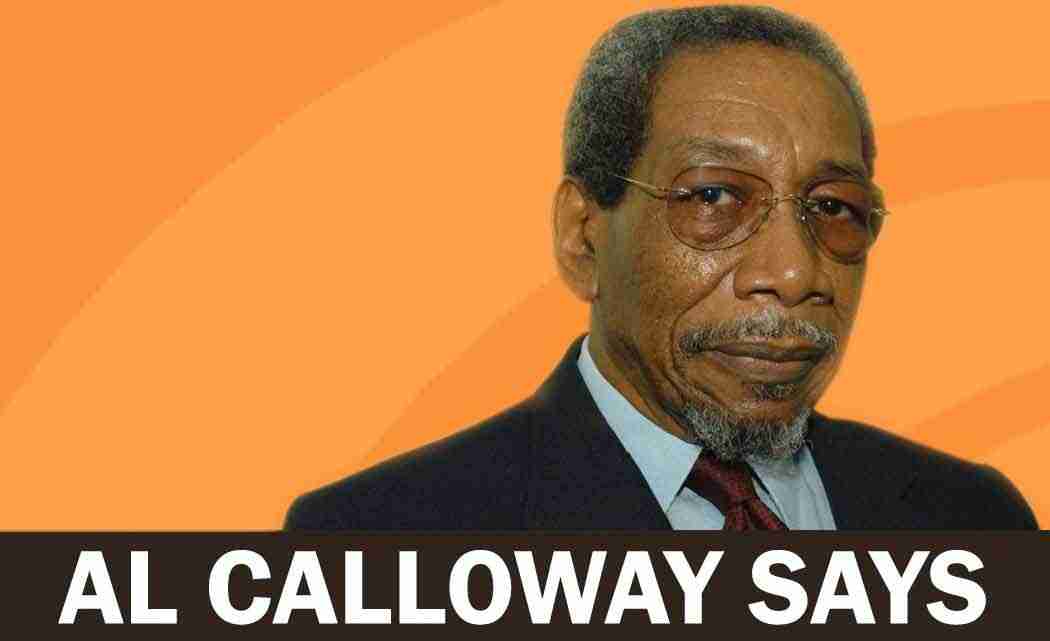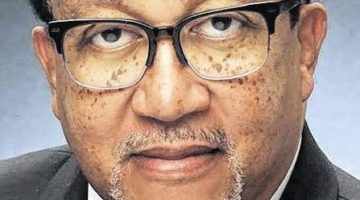Even within the stratified ungated confines that tend to mark America’s mostly black and brown living spaces, there is a deep silence amid plenty of sound – people noise. Come Sunday morning, close by, in every direction, wafts the spiritual ecstasy of Black Christianity. Afterward, the usual cacophony rises to an early evening crescendo. And the constant deafening masks the crying out and the voices of reason.
Church is black business — which is why there are so many. How can a people so poor, collectively, support so many churches and no one can be heard raising the issue of how illogical it is? There ought to be an outpouring of voices decrying the constant rise of female heads of households, teen pregnancies, drugs, crime/criminal justice, poor schools, unemployment and health issues therein. But Black Christianity is immune – or deaf, dumb, and blind!
Ours is the language of unheard people. Consciousness forbids silence and inaction. Strength and resolve is tested in many ways and few are left standing, many seemingly just whistling in the wind. All manner of opposition to comprehensive positive social change is positioned to quash liberation and the future. Silence is the conditioning process working. The sounds – the noise, drowns out the language of the unheard.
The language of unheard people speaks to the absurdity that body cameras for “public safety officers” (police) will somehow, magically perhaps, change attitudes. Imagine that, bamboozlement from on high claiming that negatives most white people learn about black and brown people from their families and through other socialization from adolescence onward, can suddenly be turned to positives because of a camera.
White people in general, and public safety personnel specifically, have exacted violence against black and brown people even before the founding of America, when there were only a few colonies here and plantation slavery grew. Later, lynching parties were organized and/or supervised by sheriffs and sheriffs’ posses, Black Codes were devised as laws against people of African descent, followed in time by Jim Crow, and then Segregation.
Criminal behavior unspoken about is that diabolical construct devised to maintain and exacerbate violence and harassment of black and brown Americans, especially: the purposeful recruitment and employment of public safety personnel from rural and small town white America for placement in non-white inner city neighborhoods. Objective: maintain an occupying force to ensure subjugation of the people many whites call “animals.”
No white neighborhood in America, no, in the world, would allow even a minority of black public safety personnel to patrol there. The mere thought of such an occurrence would send a political tremor, like a lightning bolt, directly to the soon-to-be-replaced sheriff or police chief. But throughout black America the silence is thick; no voice can be heard denouncing the occupying force.
There is so much competition for customers (souls) between black preachers and a lean population to draw them from, that it is virtually impossible to pull churches together for religious, political, economic and social community betterment. Thus, the powerlessness syndrome expands and dramatically enhances the subjugation process.
Neo-conservative white nationalists on the right to the liberal white nationalist press on the left all roil about “black on black crime.” Local daily newspapers (there are only a handful of black ones in the U.S.A.) feature an average of three black crime stories – some just a photograph and a caption – every day. But “white on white crime” is more widespread and devastating. Black crime is good reading for white people because it reinforces their learned negative attitudes about black and brown people.
Again, that vacuous, awkward silence coming from black leaders is so achingly loud and the unheard speak about these matters under the tree and at the bar, on the street and in the car. And they know the so-called leaders are just pimping the people as their hustle for a government job. You want to know why blacks don’t vote in these gerrymandered districts? They know the area and the black people downtown interests back financially for public office. Please hear what the non-vote is saying!
Al Calloway is a longtime journalist who began his career with the Atlanta Inquirer during the early 1960s civil rights struggle. He may be reached at Al_Calloway@verizon.net.












No Comment